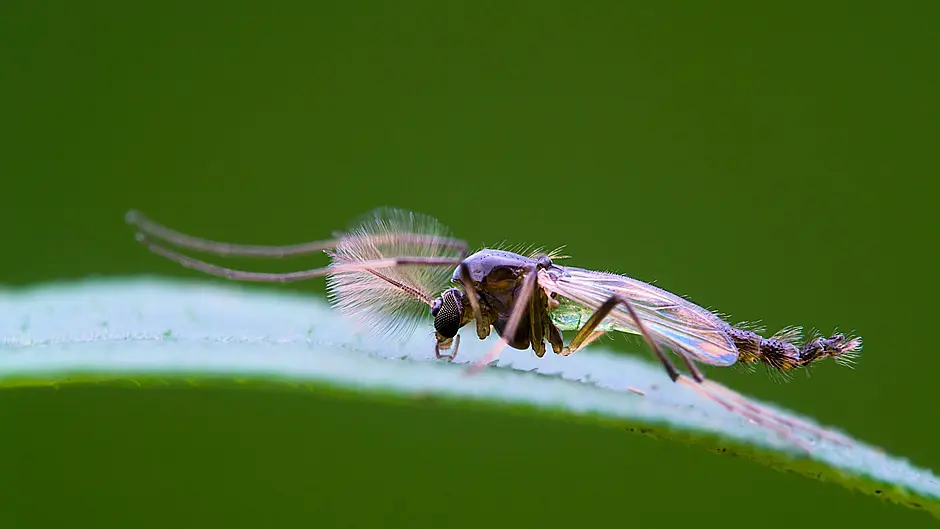FARMERS in West Cork have been urged to be vigilant after the Department of Agriculture’s Regional Veterinary Laboratories (RVLs) detected an uptick in the number of confirmed cases of Schmallenberg virus (SBV), a midge-borne virus that can cause birth deformities in calves and lambs.
One case in Tipperary involved a calf, while there were two outbreaks in sheep in Co. Wexford.
SBV was first detected in Ireland in 2012.It spread across Europe, carried by wind-borne infected midges.
In Ireland, as with other affected countries, the impact of the disease was short-term, after immunity built up in cattle and sheep (through exposure and vaccination). Since, there have been a small number of outbreaks, this has been a low-impact disease overall, except on a small number of farms where animals were infected at the stage of pregnancy when the foetus in utero is most susceptible to the effects of the virus. This resulted in the birth of deformed offspring.
While Schmallenberg continues to be regarded as a low-impact virus, the regional veterinary labs emphasise the value of ensuring that deformed calves and lambs are submitted to them for testing, to increase the intensity and sensitivity of surveillance for both Schmallenberg virus and the potentially more impactful Bluetongue Virus (BTV).
Bluetongue has been detected in the UK and in Europe in the past year and .
Last week, the UK’s Department for Environment, Food and Rural Affairs (Defra) reported 112 bluetongue cases in England, 106 cases in cattle and six cases in sheep.
‘Bluetongue can cause wide spectrum of clinical presentations, and it would risk causing significant animal welfare impacts as well as trade challenges if it became established here,’ the Dept of Agriculture said.
Currently all moves of ruminants from Britain to the island of Ireland (including Northern Ireland) are suspended. Germinal products (semen, embryos) may be imported into the EU from GB, once the relevant attestations for BTV can be met.










